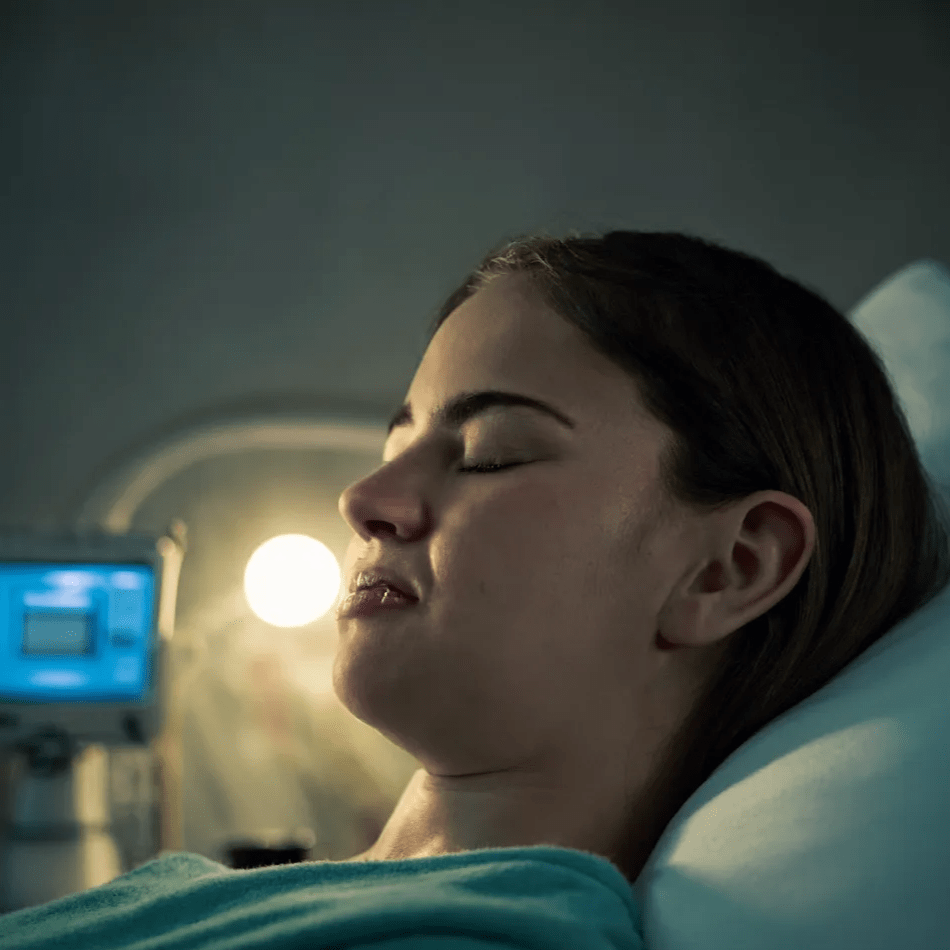
The breast is the target organ of many endocrine hormones, among which estrone and estradiol are directly related to the incidence of breast cancer. Early menarche (<12 years old), late menopause (>55 years old), infertility and late first childbirth (>30 years old), short breastfeeding time, estrogen replacement therapy after menopause, etc. can increase or prolong the exposure of estrogen in the body and are closely related to the incidence of breast cancer.
In addition, genetic factors are also high-risk factors for breast cancer. Those with a history of breast cancer in first-degree relatives (such as parents, children, and siblings) have a risk of 2 to 3 times that of the general people. Some gene mutations can also increase the risk of breast cancer. Besides, certain physical factors, such as chest radiotherapy in childhood, are also causative factors of breast cancer.
Except for the above-mentioned high-risk factors, some lifestyles have a certain relationship with the incidence of breast cancer. For example, overnutrition, obesity, high-fat diet, excessive drinking, etc. will increase the incidence of breast cancer.